Three days, 70 participants, a team of six tutors, and more than 10 internationally renowned speakers – this was the formula behind the Summer School, jointly organised by the projects CONVERGE (led by INESC TEC) and SLICES-PP. INESC TEC hosted this Summer School, which offered participants a hands-on experience in the development and testing of next-generation 6G networks.
Over three days, researchers, PhD students, and industry professionals had the opportunity to learn how to carry out experiments in advanced testbeds such as SLICES RI and CONVERGE, during the Summer School “Hands-On 6G: Accelerating Innovation through Open Architectures and Advanced Testbeds”. The goal was to foster knowledge of 6G networks by combining advanced academic content with practical training on open experimental infrastructures.
“This Summer School contributed to the creation of international research infrastructures capable of operating across multiple domains, including at the physical and application levels. In addition, it equipped researchers with best practices in experimentation and data management, fostering skills in standardisation within international organisations, and boosting a collaborative European 6G research network,” explained Filipe Borges Teixeira, INESC TEC researcher and member of the organising committee – alongside fellow researchers Luís Pessoa and Manuel Ricardo, and the wider international team.
Through hands-on activities, the training focused on tools developed within the European CONVERGE project, led by INESC TEC, which are based on OpenAirInterface, reconfigurable intelligent surfaces, xApps, and computer vision. “We also covered topics like scientific best practices, data management methodologies, and reproducibility in experimentation using the SLICES-RI infrastructure, dedicated to large-scale testing of 6G networks,” stated the researcher, also mentioning that the initiative explored areas like Integrated Sensing and Communication (ISAC), event-based vision, 3D perception, Open RAN, Edge-Cloud Continuum, Digital Twins, Artificial Intelligence for network optimisation, resilience, and licensing.
“We hope to contribute to the creation of a community of researchers capable of implementing tests in research infrastructures based on O-RAN, and who can leverage tools such as reconfigurable intelligent surfaces and computer vision in combination,” added Filipe Borges Teixeira.
The Summer School brought together 70 participants from more than 10 countries, with significant participation from master’s and PhD students; it promoted the application of experimentation and data management methodologies in distributed infrastructures, while also strengthening the European 6G research community and contributing to the standardisation of next-generation networks.
Among the keynote speakers were Ahmed Alkhateeb (Arizona State University, USA), Jakob Hoydis (NVIDIA, France), and Abhimanyu Gosain (Northeastern University, USA). The training sessions were led by Luís Pereira and Clara Aidos (Allbesmart, Portugal), Hugo Marques (IPCB, Portugal), Merim Džaferagić (Trinity College Dublin, Ireland), Damien Saucez (Inria, France), and German Madueno (Keysight, Spain). Over 10 additional internationally recognised speakers also took part, and the Summer School sponsored the participation of two students from Cape Town, South Africa, under the DIGITAfrica programme.
The researchers mentioned in this news piece are associated with INESC TEC and the Faculty of Engineering of the University of Porto (FEUP)

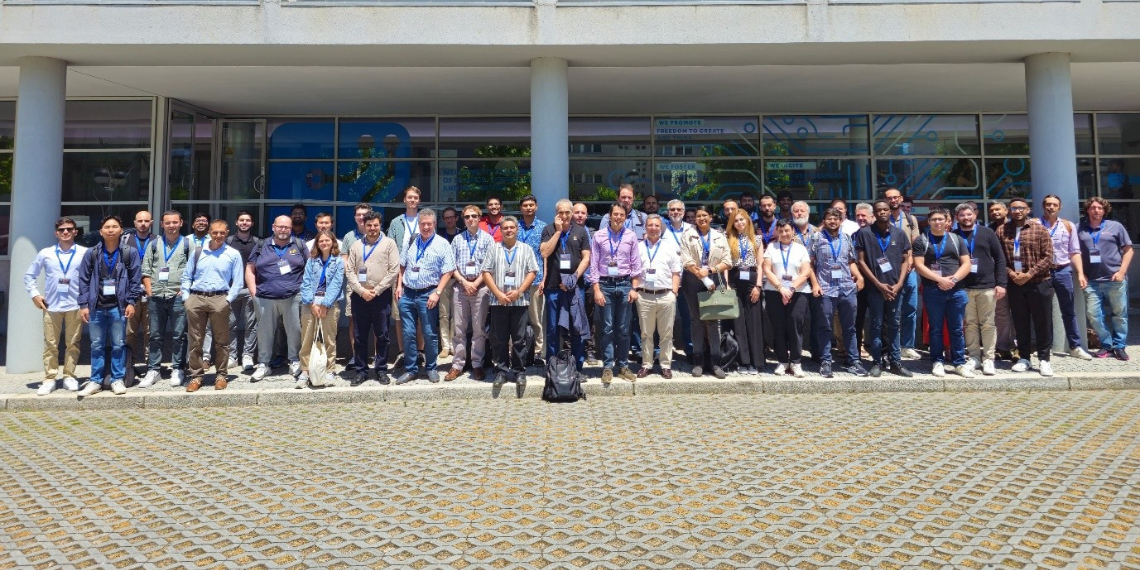
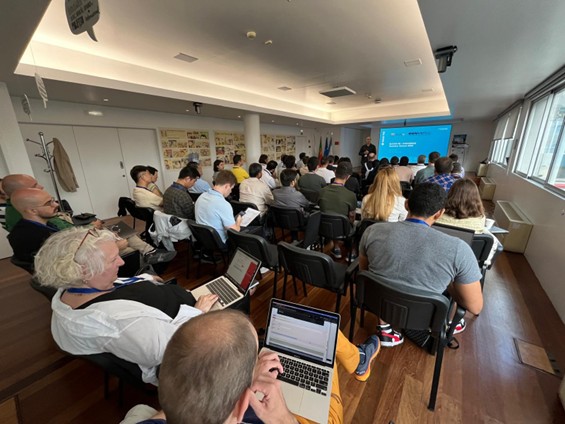
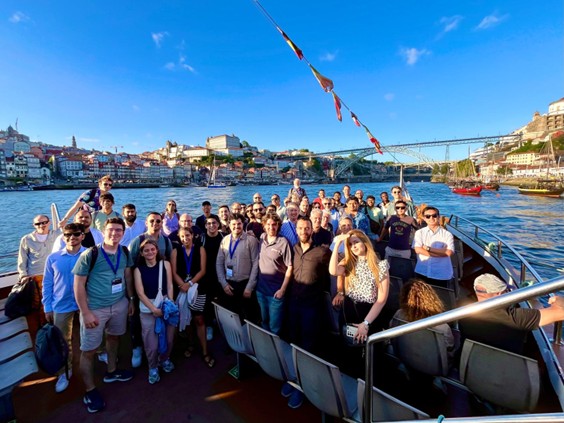
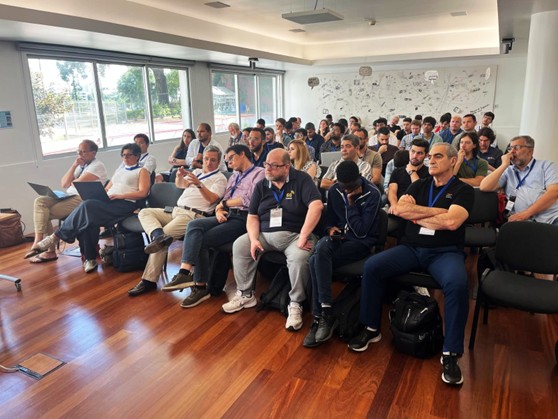
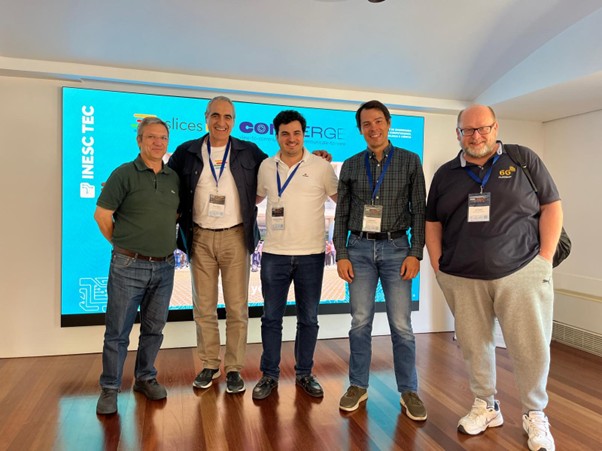
 News, current topics, curiosities and so much more about INESC TEC and its community!
News, current topics, curiosities and so much more about INESC TEC and its community!